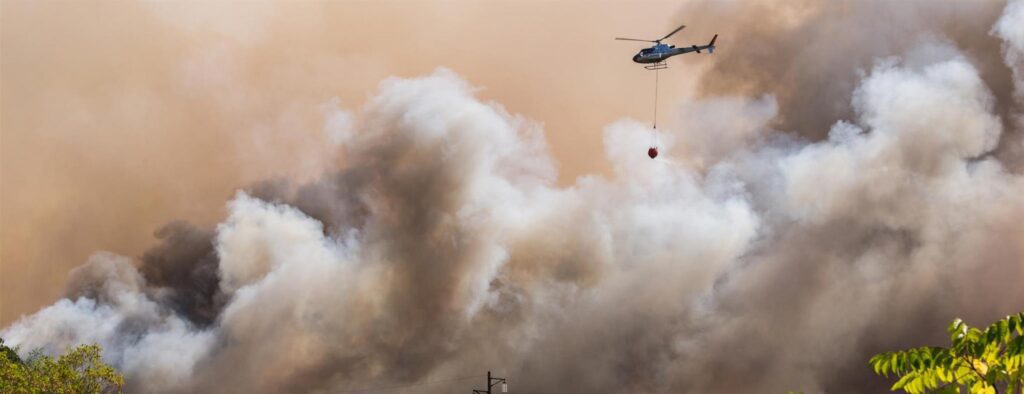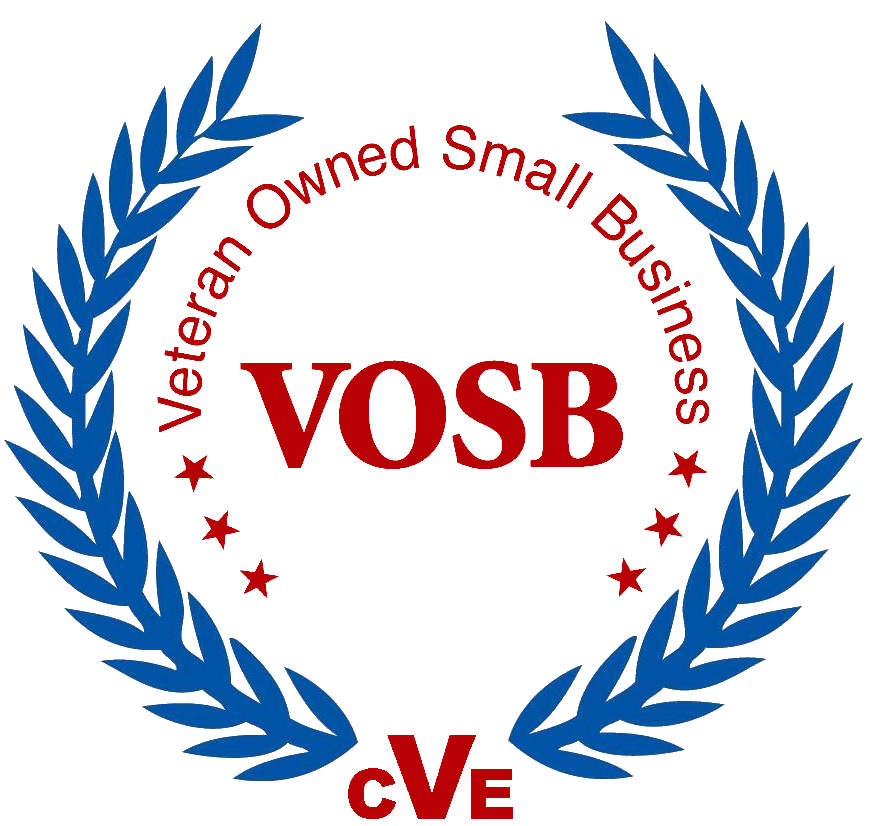
With the recent wildfires in California, for many companies it has become painfully apparent that they need to reassess their industrial air filtration system regarding both air quality for their people as well as to prevent erosion of their equipment.
The Centers for Disease Control and Prevention (CDC) reports that wildfire smoke are gases and fine particles from burning trees and other plant materials that can damage eyes, irritate the respiratory system, and worsen chronic heart and lung diseases. In addition, facilities with commercial air filtration systems need to quickly minimize damage to equipment from smoke and acidic ash.
Do you know what your emergency air filtration procedure is to follow after a wildfire? In unexpected instances such as these unbelievable fires California has recently experienced, filters can load and become incredibly dirty, as well as damaged, requiring immediate attention. For example, in the case of hospitals, power plants and/or for example a cleanroom facility, a company’s response is required immediately.
Restoration costs increase and damages escalate when the cleaning process is extended. After a wildfire, time is of the essence so you can get your people back to work as quickly as possible, as well as ensure that your facilities’ air filtration system is doing its job effectively for your equipment.
- Does your air filtration maintenance company have same day delivery and installation services available? Immediately after a fire, ash and smoke can cause extensive corrosion as well as lingering powerful odors. The first step is to change all of your air filters and pre-filters.
Even though windows and doors may have been closed during a wildfire, fine particles can still filter in through roof vents or small gaps in windows and doors. A clean filter can handle the increase in particulate matter in the air. - Turn on Air Conditioning and close the fresh air intake.
Running your AC circulates the air through the unit’s filters, effectively purifying the air — making clean air filters even more important. Duriing a wildfire AC vents can pour unhealthy air into the environment. To keep smoky air outside, close the intake using the damper. - Keep fans in bathrooms or windows units turned off. These box fans pull air from outside into the workspace, so they need to be shut off during a fire advisory.
Types of Air Filtration Media for use After Wildfires
Activated carbon filters are known to clearn/remove odor producing voltaile organic compounds (VOCs) such as:
- Smoke/Ash
- Diesel fumes
- Acetone
- Gasoline
- Naptha
- Perchloroethylene
- Benzene
- Methylene
- Chloride
- Nitrobenzene
- Pyridine
- Chlorobenzene
- Methyl Chloroform
- Ozone Styrene
- Chloroform
- Methyl Ethyl Ketone
- Paint fumes
- Toulene
Best Media Choice for Your Work Environment
Wood smoke is comprised of over 100 polllutants that significantly degrade air quality and cause health problems — even at relatively low levels. Choosing carbon filtration, especially after a wildfire, can prove to be a critical decision in protecting your people from these particulates getting into their lungs and of course, stop these same contaminants from damaging your equipment.
Harmful gases such as carbon monoxide, nitrogen dioxide, sulfur dioxide, polycyclic aromatic hydrocarbons (PAHs), acrolein, benzene (a carcinogen), formaldehyde and other hazardous volatile organic compounds (VOCs) are also emitted by wood smoke. When wildfire smoke reaches a city, these compounds interact with urban pollutants, creating elevated ozone levels.
Carbon filtration is the best option to remove harmful airborne particles, fine ash, lingering odours and over 400 toxic chemicals found in smoke, including benzene, nicotine, arsenic and cyanide. A carbon filter can enhance the filtration of smaller particles as much as 99.99% or down to 0.1 microns.
Carbon filters also absorb combustion chemicals, toxic gases and harmful pollutants found in wood smoke. In addition, using a tar-trapping pre-filter can capture tar and other large particles that end up preserving the life of your carbon filters.
Be sure to consult with an air filtration manufacturer or distributor who can survey your facility and give you the best media recommendation.

Advanced Filtration Concepts is a
Certified Veteran-Owned Small Business.
